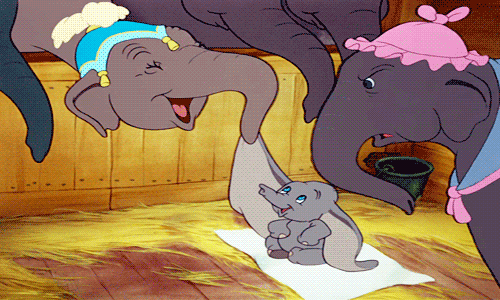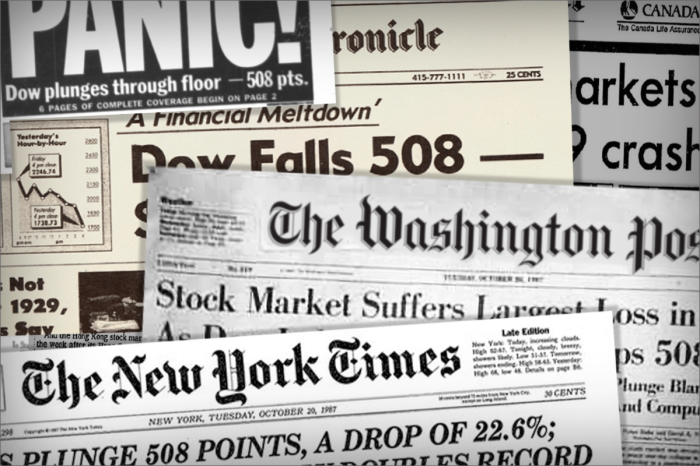
Regular readers will know how I, and my good friend Plato (note: we are so close he lets me call him, ‘Mr Plato, Sir’, before adding, ‘would you like to see today’s specials?’) are bemused about the significance appearance seems (tee hee) to have in this world. Whilst I have illustrated how in certain contexts it is thus, as I understand more about the world, I notice how it seems to permeate nearly every facet of life. The fact that this oft leads to bad things happening seems not to factor in at all.
However, one thing that strikes me is that there is no one size fits all when it comes to the tyranny of appearance, rather appearance is the scapegoat of that most insidious of all things- insecurity.
One example is thus- the lady whom I spoke about before who was badly bullied and discriminated against by her workplace, until she was forced out, told me the following things. At one time she, and others were bullied by three senior managers who were concerned with Christmas decorations not looking inclusive enough. Whilst this might be something people should consider, there are ways of going about it. Bullying a person and then saying that, although it looks bad it is actually for the good of the team, is saying two things 1) my behaviour was good and 2) all that matters is the substance, in this instance ‘equality’ (I use “ ‘…‘ “ marks to illustrate that the word being used is not in the sense of this event). However, later when the lady had her personal medical information disseminated buy the same persons again, the argument was that the substance of this act was ‘good’, even if it appeared bad.
Here we have two examples of the concept of appearance being manipulated to serve an end, as language often is. From both examples we can clearly see that the manager(s) in question are not interested in substance or appearance, they are only interested in protecting themselves from their own insecurities, to maintain their superficial notion of ‘self’ without having to question their own self.
The twisting of the concept to serve personal ends is widespread. A few years ago, there was general mirth and disdain as the Flat Earth Society came to the fore. The argument was that science has proven that the earth is round (actually, spherical…) so to ignore science these people are stupid. Ok, fine, but science has also proven that substances such as caffeine, alcohol and tobacco increase the chances of health problems. If you believe that that the earth is flat, then the biggest risk you have is falling off the edge, which won’t happen. If you drink, smoke etc. then the biggest risks you have is death from health problems which are intrinsically linked with the substances. Yet people still indulge in them, against the knowledge gleaned by medical science. Again, we can conclude that this is more to do with personal insecurities than actual ‘appearances’.
When painting The Last Supper, Da Vinci spent the year before wandering the streets of Milan looking for models. It was believed at the time that external appearance mirrored inner appearance (beautiful soul- beautiful face etc.), a facile which remains today in that substance is ignored for the superficial (note: imagine the conversation: ‘ah, hello sir, you look like the person who would do what Dante said was the greatest sin of all and betray Christ, do you mind if I paint you?’)
From these we have shown that not only appearance is subjective but also the interpretation of appearance is subjective. How one views appearance stems more from how one views one’s own self, the wiser and more confident you are the less you disdain the appearances of others and actions. It is said that first impressions are important but what is not said is that first impressions may take decades to formulate properly as one has to see another in all of the contexts of their lives to start to get a vague picture of the nature of a person (although how they treat those they deem to be arbitrarily inferior can usually give you a good start).
If you are reading this unconvinced then allow me to delve into history for a rather grand event which will illustrate better what I mean. I then will ask the reader to extrapolate what they have read and consider their own worlds. In Salem, Massachusetts, in 1692/3 30 people (and some dogs, go figure) were found guilty of witchcraft, 19 being hanged (14 women). The process was thus, a person could be accused. It would go to trial. As one could neither prove nor disprove that they were a witch they were found guilty, the very fact that if they had caught an actual witch then he/she could have very easily extricated their self from the proceedings by the use of magic, or the aid of the Devil, never seemed to cross these enlightened minds, not until the Governor’s wife was accused and he ended the trials.
Let’s look at this in a bit more depth. A person is accused of witchcraft. They are put on trial. They can neither prove nor disprove the accusations, although general sense (not remotely common as we see here) would prevail to clear the accused. Thusly they are sentenced to death. Why? Because they appear guilty for not being able to prove innocence however, once the Governor’s wife becomes accused the appearance of the Governor’s wife changes the Governor who says that substance is more important than appearance. Or in other words, appearance is all that matters when it suits me, but when it looks bad for me, it is allll about the substance. Ah! smart.
As I have said before, our entire existences are subjective, stemming to everything we see, do, are etc. Thusly we manipulate the world to suit our own image of self, to make the world as ugly as we are. In this we can suggest that those who are ugly within will give the appearance of their actions that they are ugly within, however, as we are all so self-absorbed these actions will only give the appearance of, or the substance of, whatever we deem best to try to give us the courage to look into the mirror without seeing the cracks. (note: maybe an ugly person will live in an ugly world (not speaking aesthetics) as the world around us that we create is a better reflection of self than anything else)
And now you can go to myself and Mr Plato, sir, and say ‘ah, but appearance does not tyrannise over truth, insecurities tyrannise over appearance, for the world is how we shape it in our subjectivity. Or in other words, appearance does not tyrannise over truth, rather insecurities tyrannies over truth and appearance is the unwilling dope who has its name dragged through the mud in service of weaker and terrible gods, those collectively known by the name the Insecurities’
‘till next time




